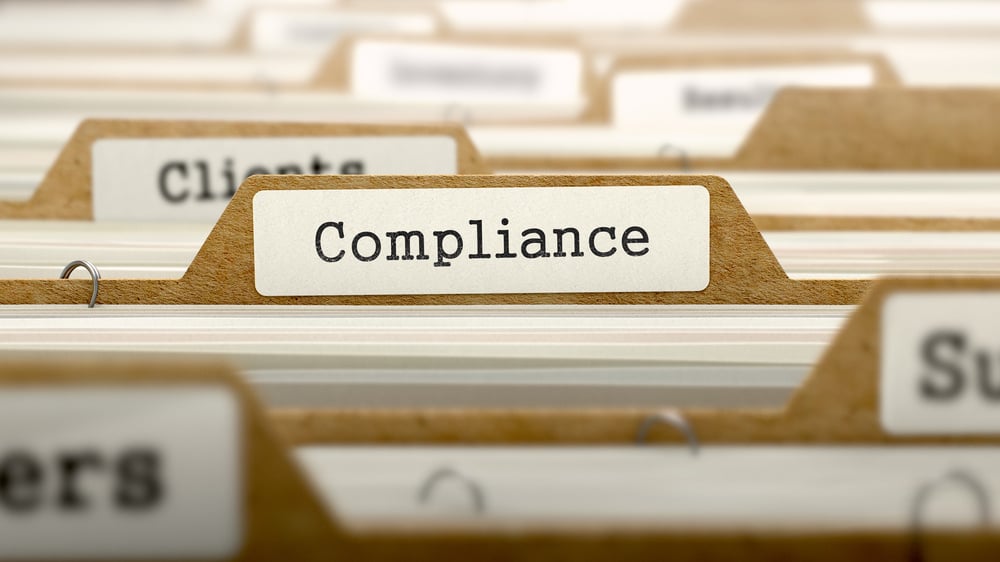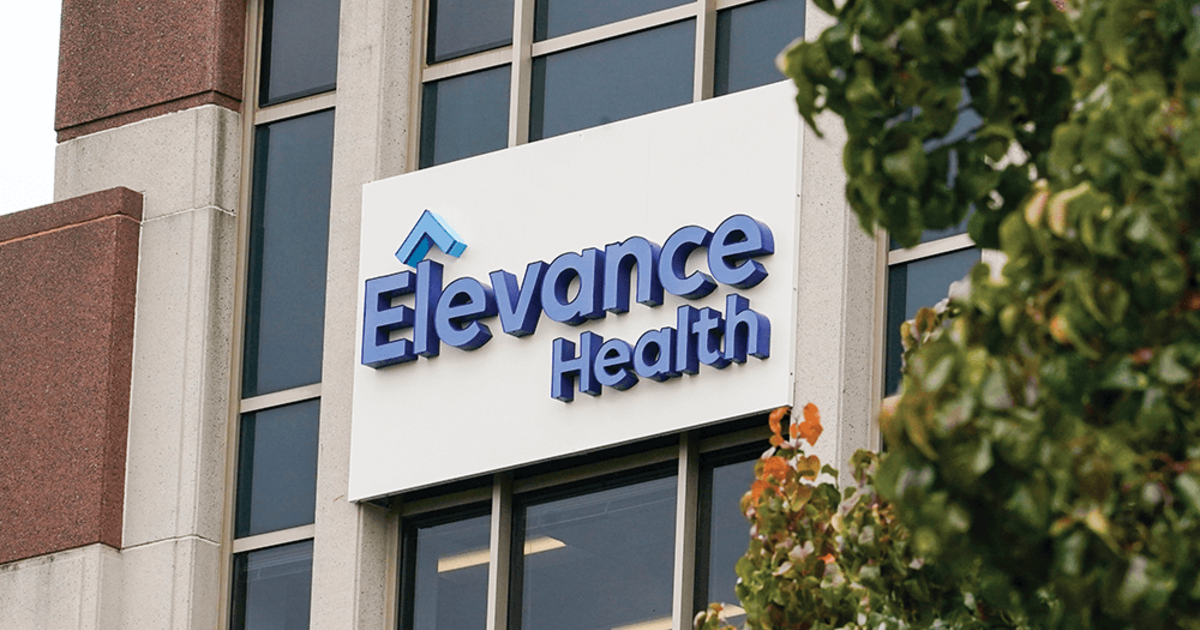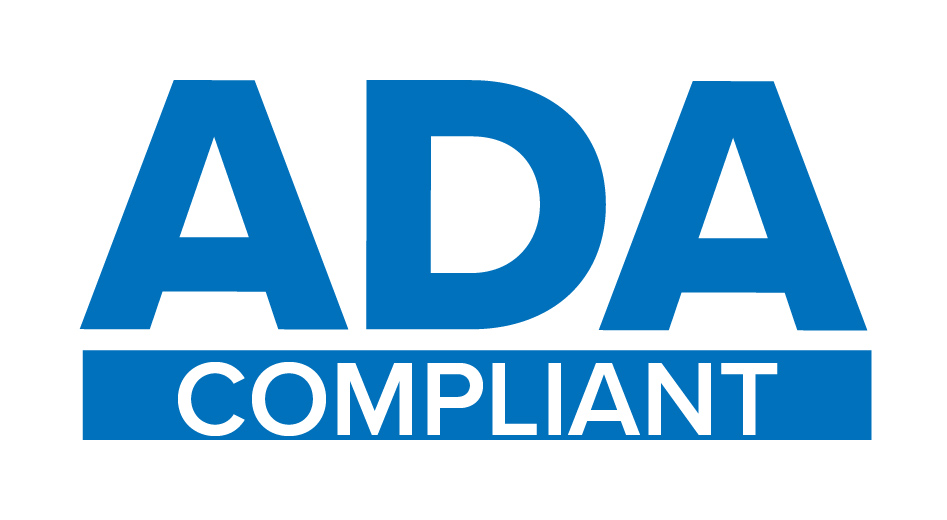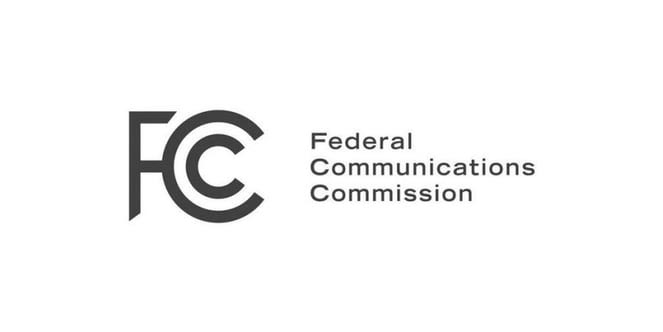How NexTalk Helps Health Plans Address TTY/FLL Call Discrepancies
Posts about:



In the digital age, ensuring that everyone, regardless of their abilities, has equal access to services is more important than ever. The Americans with Disabilities Act (ADA) was enacted to guarantee that people with disabilities have the same opportunities as everyone else. This legislation plays a crucial role in call centers, where communication barriers can hinder service for Deaf people, hard-of-hearing customers, or cognitivly challenged individuals. But what does ADA compliance really mean for call centers? Let's dive deep and demystify ADA compliance in this setting, spotlighting how NexTalk offers a path to seamless integration.


On February 17, 2022, the FCC released a Public Notice seeking comment on an application filed by NexTalk, Inc., for certification to provide Internet Protocol Captioned Telephone Service (IP CTS) using fully automatic IP CTS.
NexTalk has submitted the application with the hopes of making AccessHome SpeechPath accessible to all hard-of-hearing individuals who need captions to communicate effectively and make it available at no cost to consumers under the government-reimbursable IP CTS program.
Communications Dailycovered in full detail.
As of May 2023, NexTalk is still awaiting comment and ruling from the FCC.